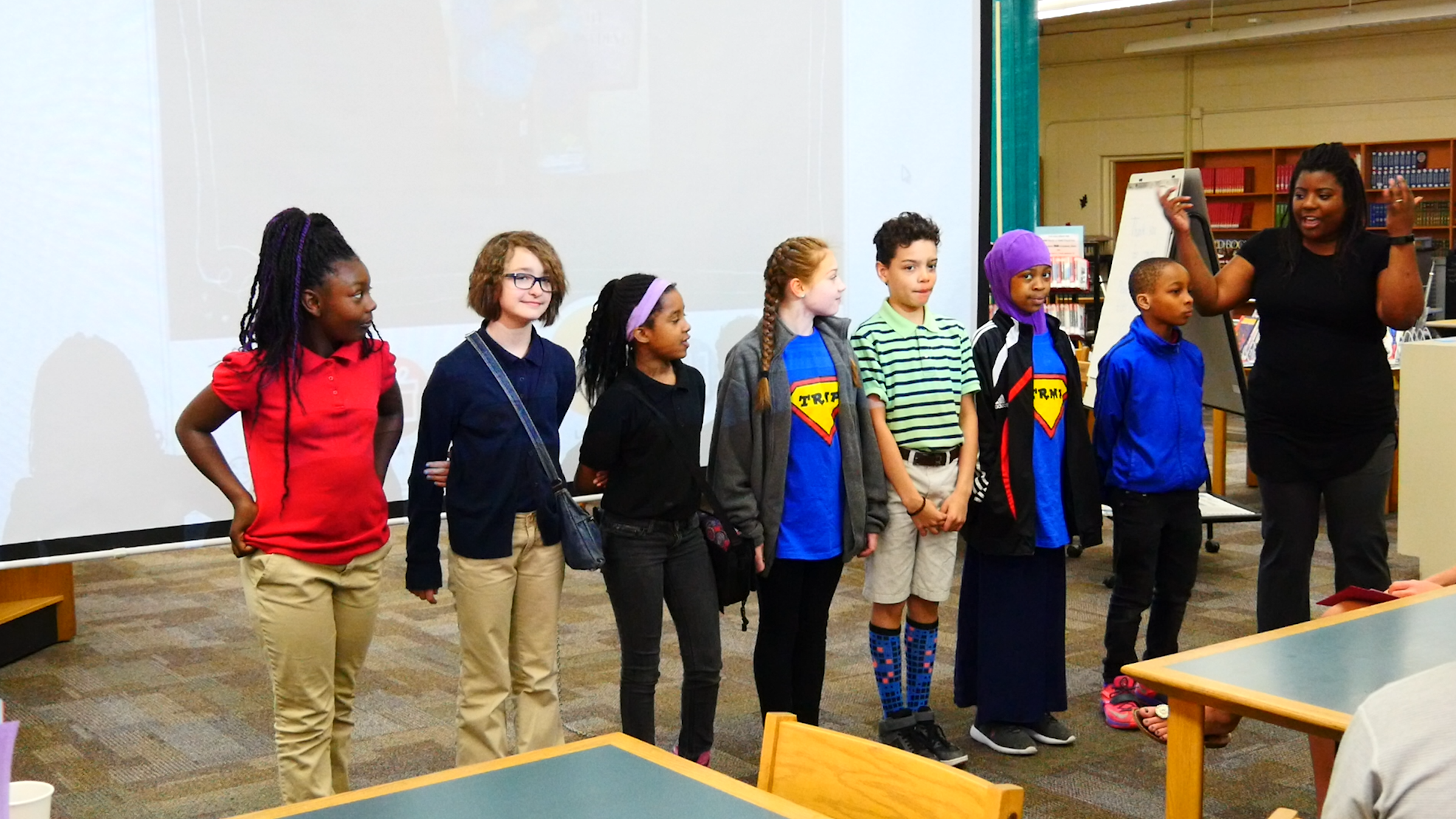
“Community school strategies are starting to flourish in the Deep South, jumpstarting a powerful, equitable, and community-informed educational approach that lays the foundation for teaching and learning. The basis for community schools in the South has historic roots that offer ways to practice democracy and build a shared future in the present day.
Sara Sneed, president and CEO of the NEA Foundation, says that some of the first community schools in the U.S. came in the form of Rosenwald Schools of the South. These were community-driven, high-quality schools that served more than one-third of African-American children across the South by 1928—initiated by Booker T. Washington of the Tuskegee Institute and Julius Rosenwald, philanthropist and president of Sears Roebuck. The legacy of these schools influences how education leaders like Sneed are bringing communities together for educational opportunities for residents of the Deep South, and particularly to improve access and education justice for Black children.”